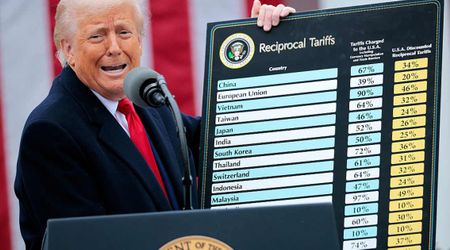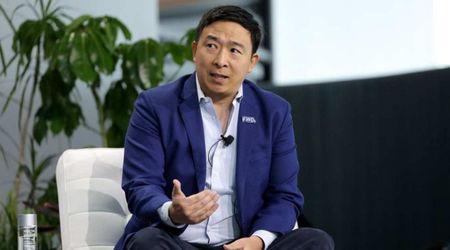Bytedance Launches Four Generative AI Apps Fueled by OpenAI's GPT

ByteDance, the parent company of the popular social media platform TikTok, has discreetly unveiled four new AI applications designed for users outside of China. These applications—Cici AI, Coze, ChitChop, and BagelBell—have been quietly rolled out over the past three months, collectively amassing millions of downloads. This move signals ByteDance's foray into the generative AI space, leveraging OpenAI's GPT technology, accessed through a Microsoft Azure license.

Cici AI, Coze, ChitChop, and BagelBell
Cici AI, ChitChop, and Coze serve as platforms enabling users to create and share their personalized chatbots. Notably, Cici has emerged as the most popular, boasting over 10 million downloads on the Google Play store. In contrast, BagelBell takes a unique approach by generating plotlines and text for fictional stories, dynamically changing based on readers' choices. It's worth noting that ByteDance opted not to develop the underlying large language models, relying instead on OpenAI's GPT technology.
Ownership
While ByteDance's ownership of these apps is not explicitly mentioned in their terms of service, investigations reveal that three of the apps are managed by Spring (SG) Pte. Ltd., a recently established ByteDance subsidiary. The fourth app is operated by Poligon Pte., another ByteDance subsidiary recognized for publishing erotic web novels and video games. ByteDance's strategic use of subsidiaries adds a layer of complexity to the app landscape.
Cici and ChitChop primarily focus on entertainment, offering chatbots centered around fictional characters and romantic companions. In contrast, Coze aims to simplify workplace tasks through its chatbot functionalities. With Cici surpassing 10 million downloads, the Google Play store indicates its popularity among users. However, it remains uncertain whether these apps will be integrated into TikTok, as ByteDance is known for launching and sunsetting test apps based on their reception.
Global Expansion and Testing
Of the four apps, only Coze is currently available in the U.S., and none are accessible in the EU. This selective availability aligns with a common industry practice where tech giants test products in smaller markets before considering larger, more regulated ones. ByteDance spokesperson Jodi Seth described the apps as being in the testing phase, refraining from sharing specific plans for their future integration or expansion.
ByteDance has a track record of liberally launching test apps and discontinuing those that fail to gain traction. Before TikTok's U.S. debut, ByteDance introduced and eventually deprecated apps such as a trivia app, a funny gif app, and a news aggregator app. This dynamic approach allows ByteDance to adapt its offerings globally, responding to market demands and trends.

Generative AI Apps in China and the West
In addition to its international ventures, ByteDance has also launched generative AI apps in China, starting with the government-approved AI chatbot app, Dou Bao. Chinese regulations mandate adherence to the core socialist values, often translating to compliance with government censorship guidelines. ByteDance's expansion into Western markets with generative AI apps reflects the surge in global demand for AI technologies.
The expansion of ByteDance into the generative AI space may draw attention from regulators, particularly amid concerns about potential influence and data privacy issues. Given the trust users often place in bots with sensitive personal information, there is a risk of these apps becoming valuable sources of data. ByteDance's privacy policies indicate potential access to user data by ByteDance employees in China, subject to access controls and approval processes.

Controversies and Suspensions
Recent controversies surround ByteDance's use of OpenAI's large language models to create a competing model, a clear violation of OpenAI's terms of service. This led to OpenAI suspending ByteDance's access to its API. ByteDance spokesperson Jodi Seth asserts that ByteDance accesses OpenAI through a license for Microsoft Azure, yet OpenAI has not provided official commentary on the matter.
ByteDance's Adaptive Strategy
ByteDance's expansion into generative AI apps reflects its adaptive strategy in response to global trends and demands. While the future of these apps remains uncertain, ByteDance's history of test launches and strategic adjustments suggests an ongoing evolution in its offerings. As the generative AI landscape continues to evolve, ByteDance's moves will undoubtedly attract further scrutiny from regulators and industry observers alike.






















